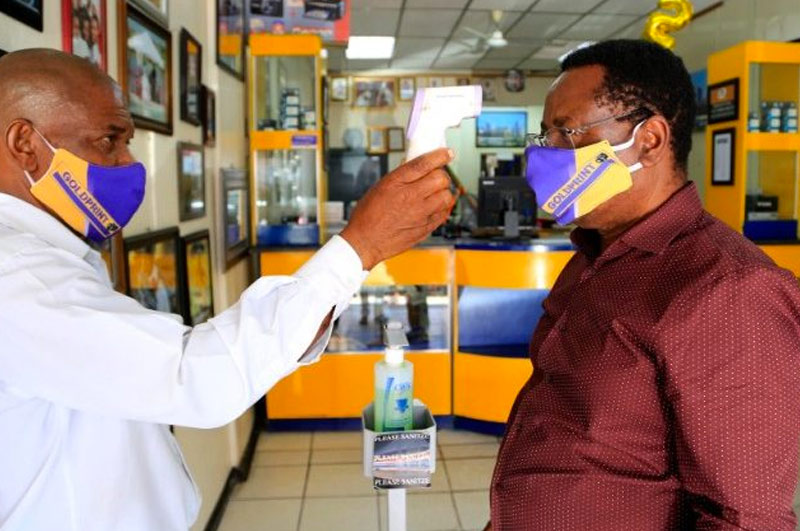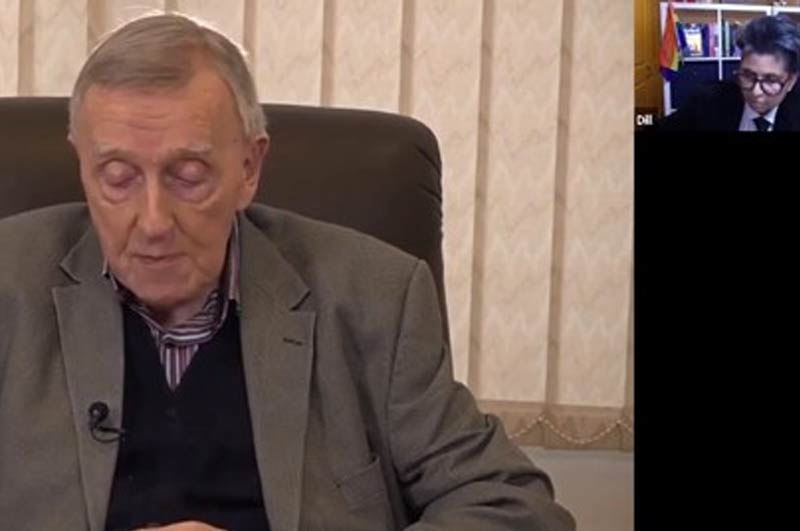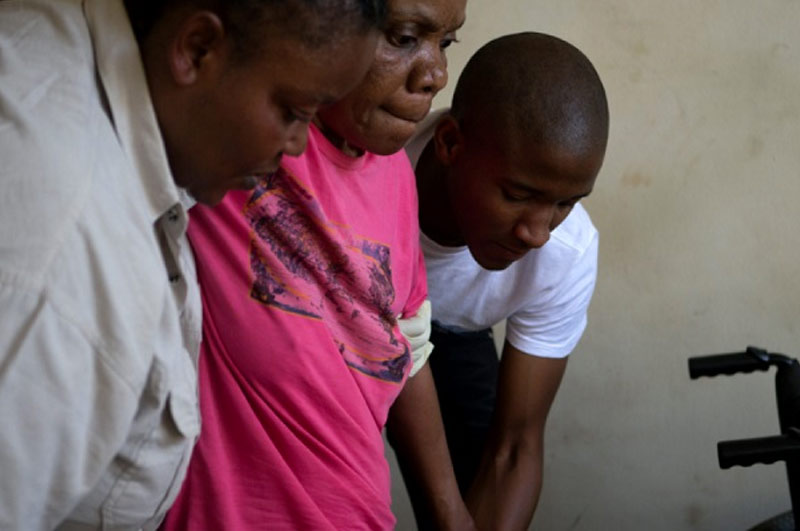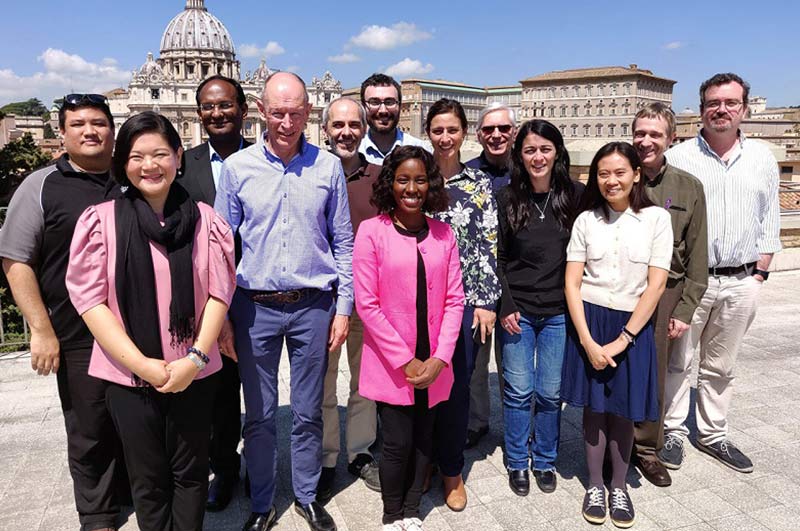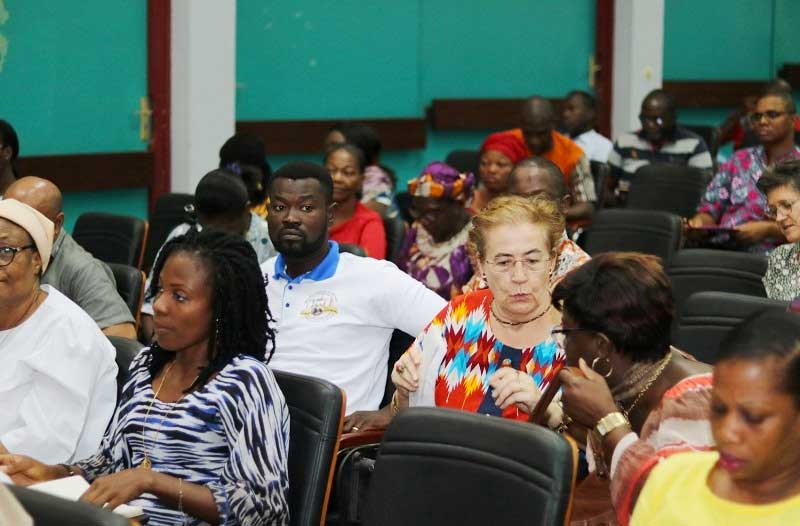


On Saturday, February 29, 2020, ITCJ played host to a JCAM Child Protection Program conference organized under the auspices of the Ubuntu Child Safeguarding and Protection (UCSAP) with the theme “L’enfant est le Père de l’homme : L’impact de la violence et d’abus subis pendant l’enfance”, which translates to “The child is the father of the man: The impact of violence and abuse suffered during childhood” at the amphitheater of the school in Abidjan.
The well-attended program had three principal speakers in the persons of Dr. Laurence Yapi, a Clinical Psychologist and Psychotherapist, Prof. Kouakou Ossei, a Developmental Psychologist, and President of the Board of Directors of SOS, an NGO which focuses on sexual violence, and Dr. Jean Messingué, SJ, a Clinical Psychologist, Psychotherapist, and the acting Director and Dean of ITCJ. Dr. Messingué also doubles as the Child Protection Officer of ITCJ.
Dr. Yapi began the session, with her talk centered on the needs of the child in face of violence. She placed emphasis on how childhood experiences and conditions form adults. She focused on the things necessary for the healthy and full development of a child and what the impacts of exposure to violence and abuse may have on the child and later the adult they grow up to become.
Prof Ossei in the second talk, titled “L’État d’abus sexuels sur les enfants en côte d'Ivoire” (The state of sexual abuse on children in Ivory Coast), gave the participants concrete figures of the cases of abuse that have been recorded from 2013 to 2019. From the figures given, out of the 242 cases that were recorded in the capital, Abidjan, 203 were young girls, 11 were boys and 28 were women. No man was mentioned as having been a victim of abuse.
“Faire face à l’abus sexuel sur les enfants” (Coping with child sexual abuse) was the third and final intervention of the day given by Dr. Messingué. His talk centered on the specificity of sexual abuse on infants with emphasis on its prevention, interventions to be carried out and challenges that are faced and bound to be faced. Given the importance of the issues discussed, there was wide media coverage provided by Radio Espoir and Ecclesia TV, with the hope of rebroadcasting the event to a wider audience at a later time with subsequent repeat broadcasts.
The general impression gleaned from this program was that participants yearned for more of this information to be made easily accessible to all people given the fact that in Ivory Coast, just like in most other African countries, there are still cases of child abuse going on with perpetrators not really being aware of the harm they are causing to these children by citing age-old customs and practices as the basis for their behaviors.
Related Articles
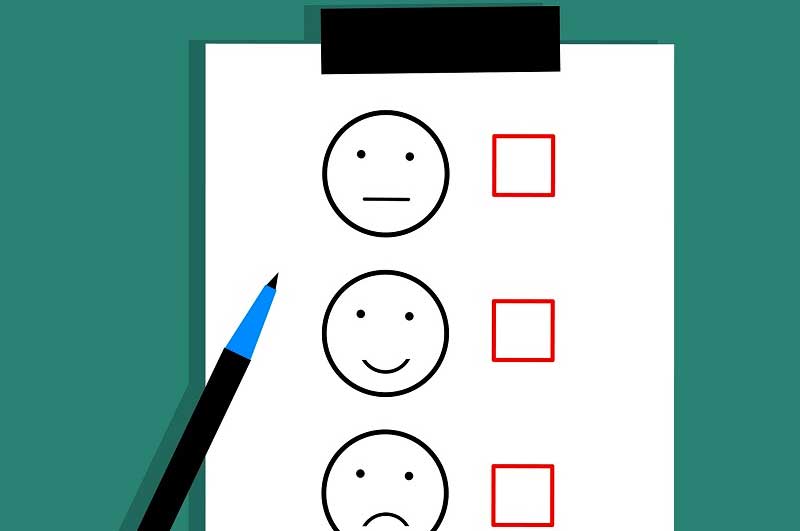
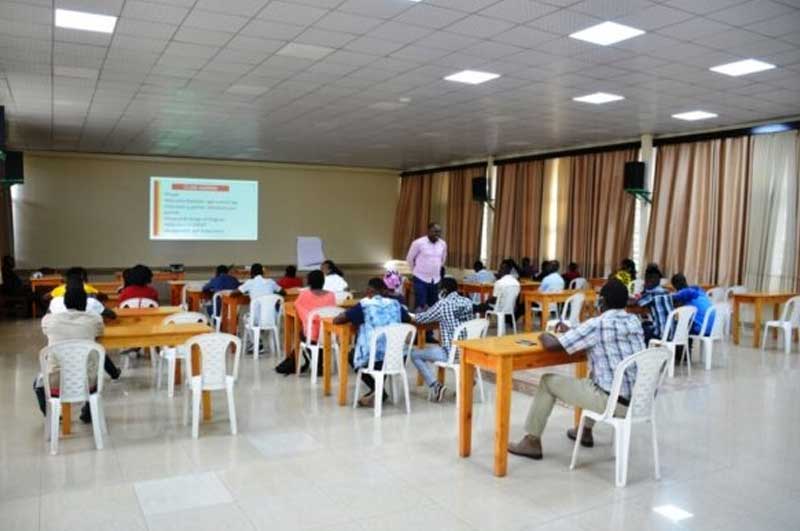
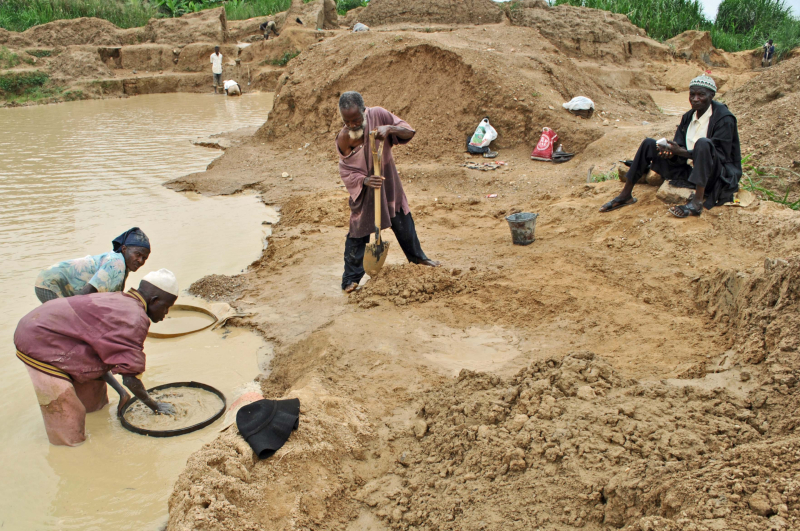
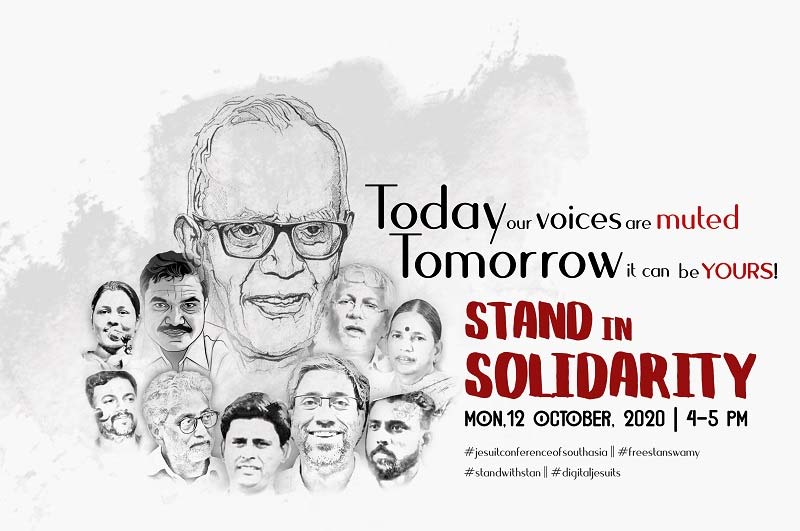
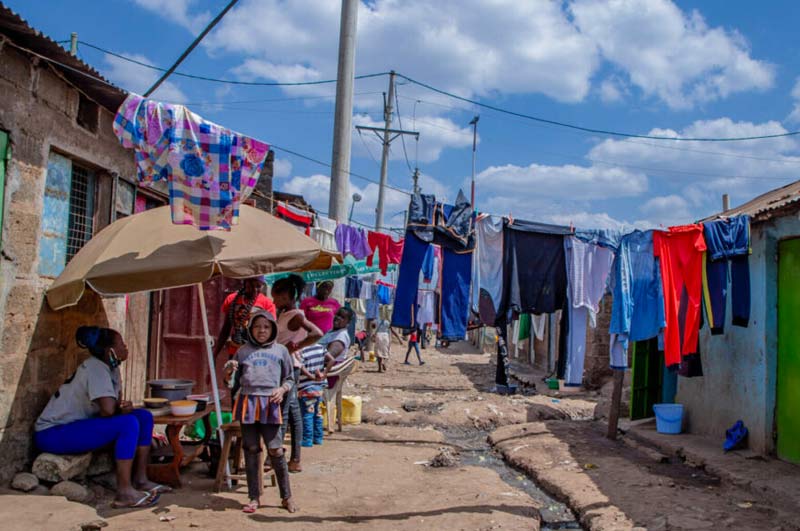
Select Payment Method
Pay by bank transfer
If you wish to make a donation by direct bank transfer please contact Fr Paul Hamill SJ treasurer@jesuits.africa. Fr Paul will get in touch with you about the best method of transfer for you and share account details with you. Donations can be one-off gifts or of any frequency; for example, you might wish to become a regular monthly donor of small amounts; that sort of reliable income can allow for very welcome forward planning in the development of the Society’s works in Africa and Madagascar.
Often it is easier to send a donation to an office within your own country and Fr Paul can advise on how that might be done. In some countries this kind of giving can also be recognised for tax relief and the necessary receipts will be issued.



